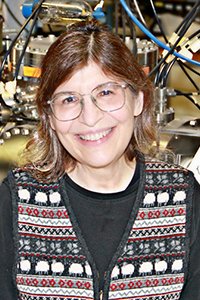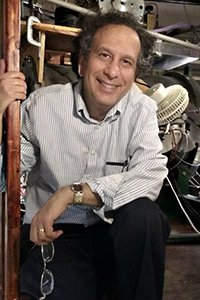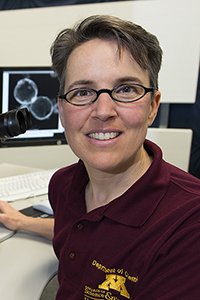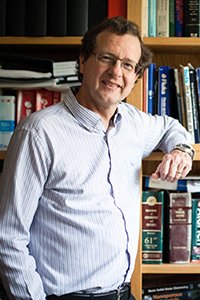Experimental Physical
Faculty

Mr. and Mrs. George W. Taylor Distinguished Professor and Distinguished University Teaching Professor, Department of Chemistry,
Associate Dean for Undergraduate Programs, College of Science and Engineering

Northrop Professor, Director of Graduate Studies for Chemical Physics, Department of Chemistry


Associate Professor, Distinguished University Teaching Professor, Department of Chemistry

Distinguished University Teaching Professor, College of Science & Engineering Distinguished Teaching Professor, Department of Chemistry

Regents Professor, Distinguished McKnight University Professor, Prager Chair in Macromolecular Science, College of Science & Engineering Distinguished Professor, Department of Chemistry

3M Alumni Professor, Director of Graduate Studies, and College of Science & Engineering Distinguished Teaching Professor, Department of Chemistry

Professor, Director of Undergraduate Studies, Distinguished University Teaching Professor, Merck Professor of Chemistry, College of Science & Engineering Distinguished Professor, Institute on the Environment Resident Fellow, Department of Chemistry

Distinguished McKnight University Professor, Department of Chemistry